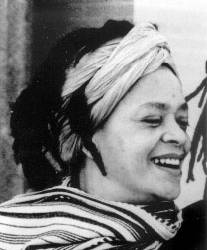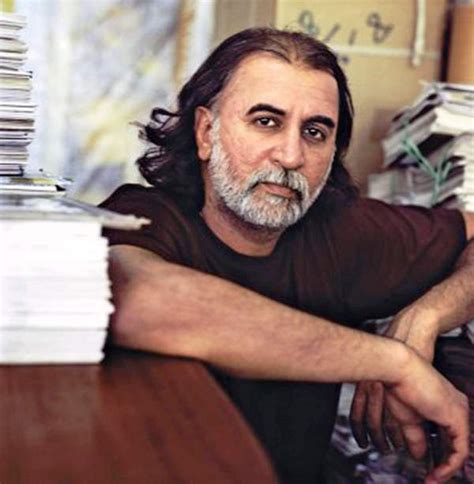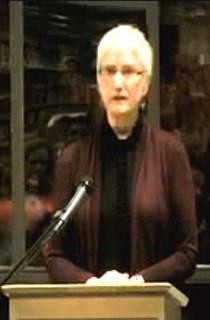A Quote by Guy Gavriel Kay
How we remember changes how we have lived. Time runs both ways. We make stories of our lives.
Related Quotes
In some ways, Valiant Gentlemen grows out of Tales of the New World, my collection of short stories about explorers who lived "great" lives, but whose experience of it was in the same register as all our lives are - we feel the same extent of human emotion regardless of how exceptional our actions are: nothing is more exceptional than one's own life.
I tell the story to you now, but in each telling the story itself changes a little, changes direction, and that in turn changes you and me. So be very careful not only in how you repeat it but in how you remember it, goslings. More often than you realize it, the world is shaped by two things -- stories told and the memories they leave behind.
So I found myself telling my own stories. It was strange: as I did it I realised how much we get shaped by our stories. It's like the stories of our lives make us the people we are. If someone had no stories, they wouldn't be human, wouldn't exist. And if my stories had been different I wouldn't be the person I am.
When we haven't the time to listen to each other's stories we seek out experts to tell us how to live. The less time we spend together at the kitchen table, the more how-to books appear in the stores and on our bookshelves. But reading such books is a very different thing than listening to someone' s lived experience. Because we have stopped listening to each other we may even have forgotten how to listen, stopped learning how to recognize meaning and fill ourselves from the ordinary events of our lives. We have become solitary; readers and watchers rather than sharers and participants.
We read novels because we need stories; we crave them; we can’t live without telling them and hearing them. Stories are how we make sense of our lives and of the world. When we’re distressed and go to therapy, our therapist’s job is to help us tell our story. Life doesn’t come with plots; it’s messy and chaotic; life is one damn, inexplicable thing after another. And we can’t have that. We insist on meaning. And so we tell stories so that our lives make sense.
I am a man, and men are animals who tell stories. This is a gift from God, who spoke our species into being, but left the end of our story untold. That mystery is troubling to us. How could it be otherwise? Without the final part, we think, how are we to make sense of all that went before: which is to say, our lives? So we make stories of our own, in fevered and envious imitation of our Maker, hoping that we'll tell, by chance, what God left untold. And finishing our tale, come to understand why we were born.
There is no neatness in any life- great or small. It is only an illusion men foolishly pursue.
All lived lives are a mess.
The neatness in my life had begun to crumble some time before, but now it disintegrated completely as I vanished into a world of endlessly opening doors, teasing riddles and lives without boundaries.
For the first time I began to understand how shallow neatness is.
How cramping, how limiting.
For the first time I understood neat lives are comatose lives. (the Alchemy of Desire 304)
Humanity's legacy of stories and storytelling is the most precious we have. All wisdom is in our stories and songs. A story is how we construct our experiences. At the very simplest, it can be: 'He/she was born, lived, died.' Probably that is the template of our stories - a beginning, middle, and end. This structure is in our minds.
Crazy Love is crazy good! Leslie What's brain is evidently crowded with strangeness, awfulness, wonderfulness, wildness, madness of all kinds...and love. Lots of love. How lucky we are that her imagination runs deep, runs true, runs onto the page in crazily beautiful stories -- and lucky, so very lucky, to be holding those stories right now in our hands.



































